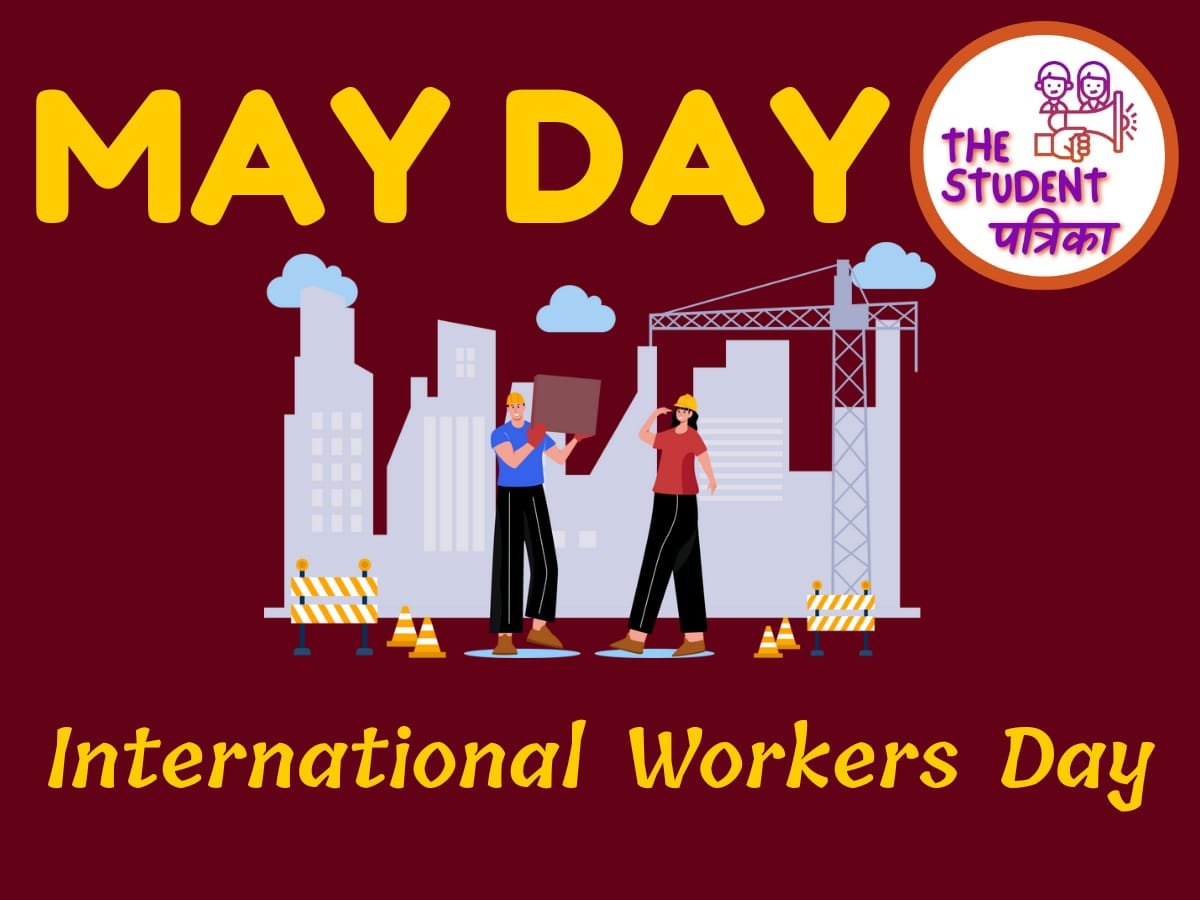
"Choose a job you love, and you will never have to work a day in your life." — Confucious.
International Labour Day
International Labour Day is celebrated every year on 1 May to commemorate the struggles and sacrifices of the workers' and labours' movement. It is also known as May Day. It also helps the labour class understand their rights and fight for equality in the workspace.
What prompted the beginning of this day's celebration?
The tradition of Labour Day dates back to 19th century America. On May 1st, 1886 workers in Chicago organized a strike to demand an eight-hour workday. Workers across the US came together to demand their rights and to fight for better working conditions.
Does India celebrate Labour Day?
- India celebrates International Workers’ Day on 1st May like every other country. However, the history of Labour Day in India is slightly different from other countries.
- Indians celebrated the first Labour’s Day in Chennai in 1923.
- The Labour Kisan Party of Hindustan conducted Labour’s Day.
- Communist leader Malayapuram Singaravelu Chettiar suggested that the Government consider 1st May as a national holiday.
- Kamgar Din, Kamgar Divas, and Antrarashtriya Shramik Divas are the other names of International Workers’ Day in India.
- May 1 is also celebrated as 'Maharashtra Day' and 'Gujarat Day' to mark the statehood status of these two states in 1960.
Importance of this day:
Social inequality is still predominant among workers in various organisations and nations today. These workers resort to May Day as a platform to voice their concerns and urge politicians and policymakers to work towards social justice.
The celebration of International employees' Day is a chance to appreciate and acknowledge the role that employees have played in developing infrastructure and delivering vital services to society. Additionally, it serves as a reminder to recognise the movement and struggle of workers to advance their rights and enhance working conditions.
Comments
Good tips Kudos. casino en ligne You made the point. meilleur casino en ligne Useful posts, Kudos! casino en ligne Cheers, I value this! casino en ligne You actually expressed that very well! casino en ligne fiable You have made your point. casino en ligne France Amazing tips Cheers. casino en ligne You reported it effectively. casino en ligne You expressed that wonderfully. casino en ligne francais Thanks, I like this. casino en ligne France









